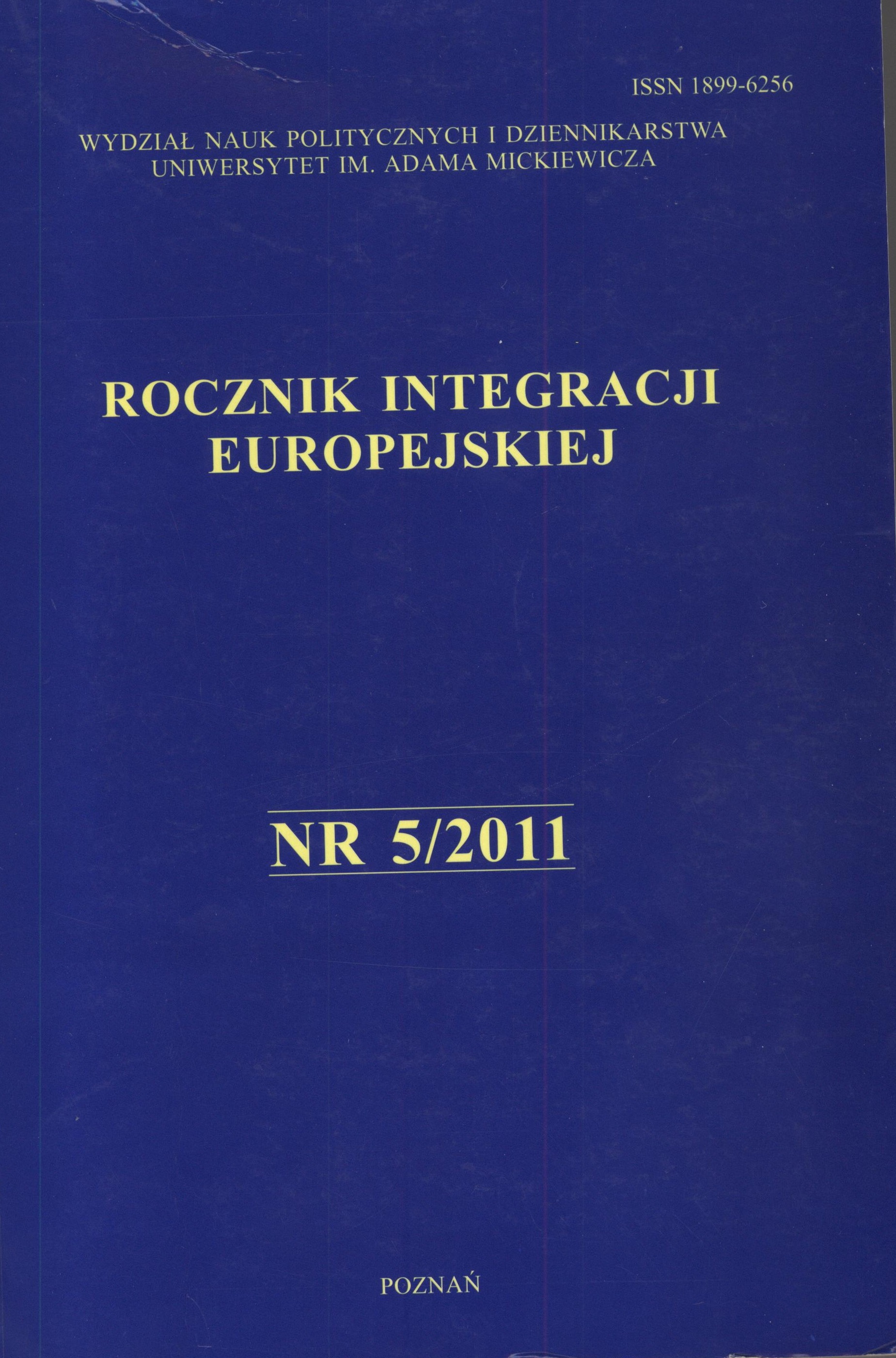Od światowego kryzysu finansowego do kryzysu strefy euro: implikacje wewnątrzpolityczne dla Niemiec w latach 2008–2011
From the global financial crunch to the crisis in the Eurozone: internal political implications for Germany from 2008 to 2011
Author(s): Erhard CziomerSubject(s): Economic policy, EU-Approach / EU-Accession / EU-Development
Published by: Uniwersytet Adama Mickiewicza
Keywords: crisis in the Eurozone
Summary/Abstract: Despite initial hesitation in 2009 and 2010, in mid-2010 the CDU/CSU/FDP government decided to begin cooperation with EU institutions to establish the European Financial Stability Facility (EFSF), which will enable the provision of credit guarantees to excessively indebted countries under exceptional circumstances. Since Germany is the largest net contributor to the EU budget, its financial obligations towards the EFSF guarantee fund total 253 billion euro in 2011. The main reason for the CDU/CSU/FDP government to commit to saving the euro as the EU’s single currency was the belief that the euro generates measurable benefits for the German economy, a belief propagated from the fall of 2011. The government’s attitude was firmly supported by industrial, commercial and banking circles in Germany. The solution was generally accepted by the SPD and the Green Party, despite their criticism of Chancellor Merkel’s inconsistency and frequent hesitation. This support was the more important as there was a group of deputies from the Christian Democracy and Liberal Party who refused to obey the authority of the governing parties and voted against the ruling coalition. The federal government faced only one case of consistent opposition from the populist Leftish Party, who accused the CDU/CSU/FDP government of defending the euro exclusively in the interest of German banks and corporations.
Journal: Rocznik Integracji Europejskiej
- Issue Year: 2011
- Issue No: 5
- Page Range: 33-50
- Page Count: 18
- Language: Polish

